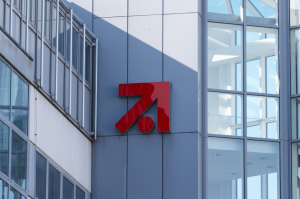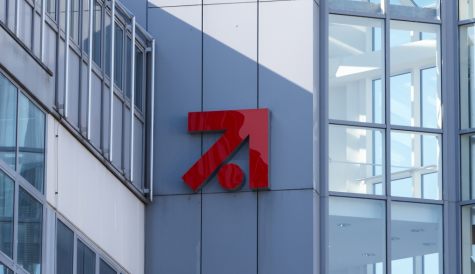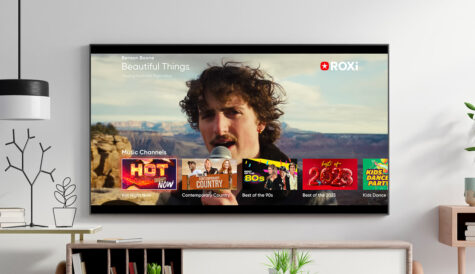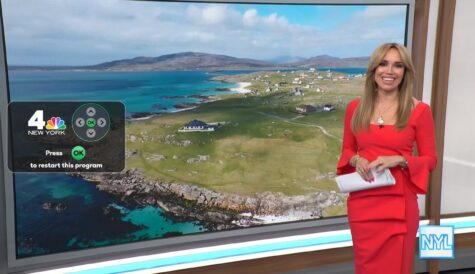ProSiebenSat.1 calls for new public broadcast regime and seeks funding
 German broadcaster ProSiebenSat.1 has called for public funding to be made available to commercial broadcasters to support public service broadcasting that can “reach a larger number of young people”.
German broadcaster ProSiebenSat.1 has called for public funding to be made available to commercial broadcasters to support public service broadcasting that can “reach a larger number of young people”.
Proposing what it described as Medienordnung 4.0 – or ‘Media Regulations 4.0’ – the broadcaster said that it hoped to prompt a discussion about the realignment of German media policy.
It called for a new public service remit to be defined at national level and laid down in a new interstate broadcasting treaty or Rundfunkstaatsvertrag, with commercial players able to bid for funds for specific projects. ProSiebanSat.1 said that a new independent non-governmental commission should be created to dispense funds and monitor compliance with the public service remit.
The broadcaster said that the use of the internet and the emergence of global payers means that a generation gap has emerged, with the existing public broadcast channels primarily viewed by older people.
It said that a new system could allocate funding in a targeted way without any increase in the public licence fee.
“With ‘Media Regulations 4.0’, ProSiebenSat.1 wants to make a constructive contribution to the ongoing discussion on media policy. It is extremely important for our social coherence to get involved now in order to ensure diversity of media and opinions. First and foremost, this commitment must focus on the young audiences because they are the voters of tomorrow,” said Conrad Albert, member of the executive board and general counsel at ProSiebenSat.1.
“With ‘Media Regulations 4.0’, Germany would be setting new standards for forward-looking media policies. In the age of digitalisation, it is also fundamental to define a regulatory framework for a strong dual system and jointly find an effective approach to appropriately address the narrowing of the political horizon due to filter bubbles. In the 2017 election year, this will need to be discussed more seriously than ever. Television plays a key role and is the medium with the highest reach. We reach around 44 million TV households with our channels every day. We are aware of the great responsibility we have in the media.”
Germany’s other main commercial broadcaster, RTL Group, distanced itself from the ProSiebenSat.1 proposal. As reported by local press, the group said that it was not seeking state funding for programmes but expected the state to create a framework in which commercial players could thrive.
Public broadcaster ZDF rejected the claim that it was unable to attract younger veiwers, pointing out that its ZDFneo channel had a younger audience, with all its channels taken together having a significant reach among younger age groups. ZDF also criticised ProSiebenSat.1 for continually reducing its news coverage.



